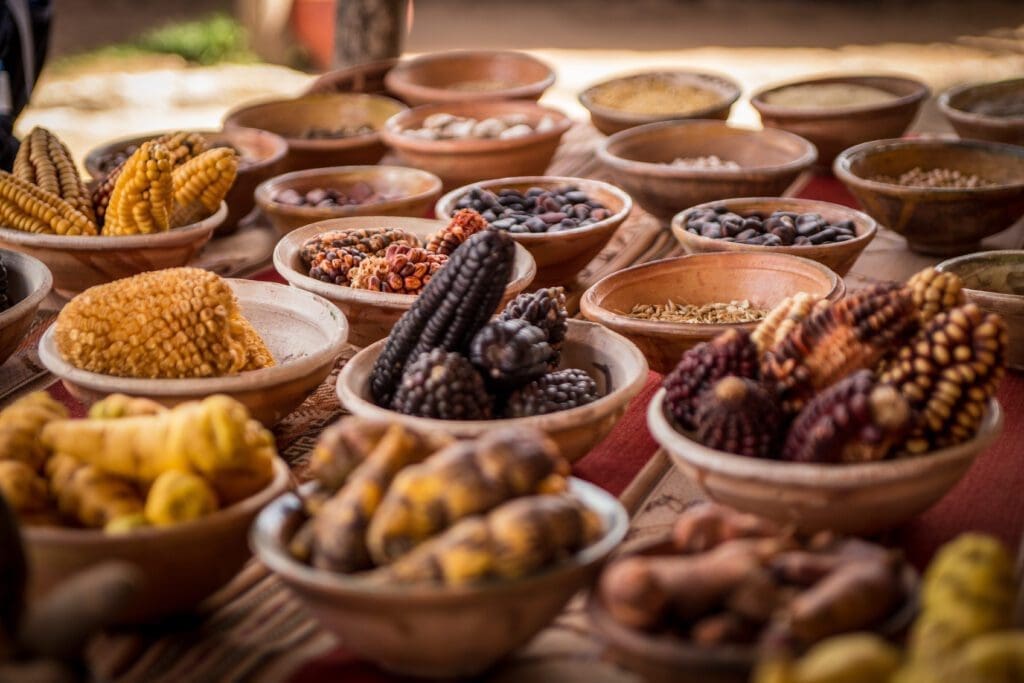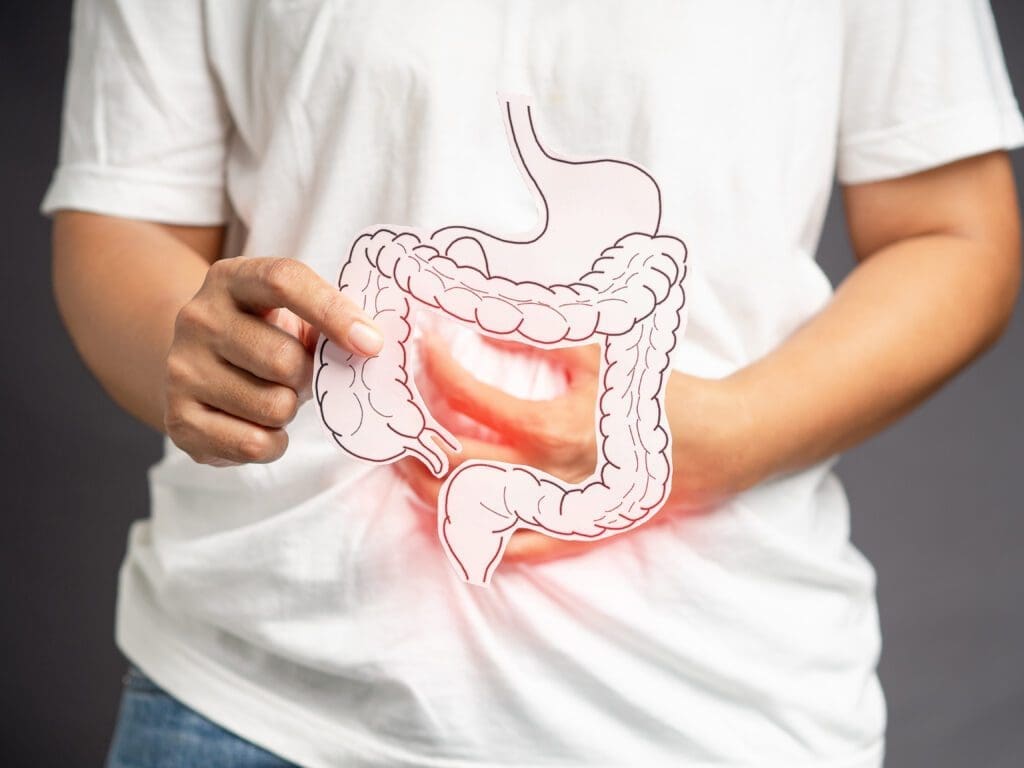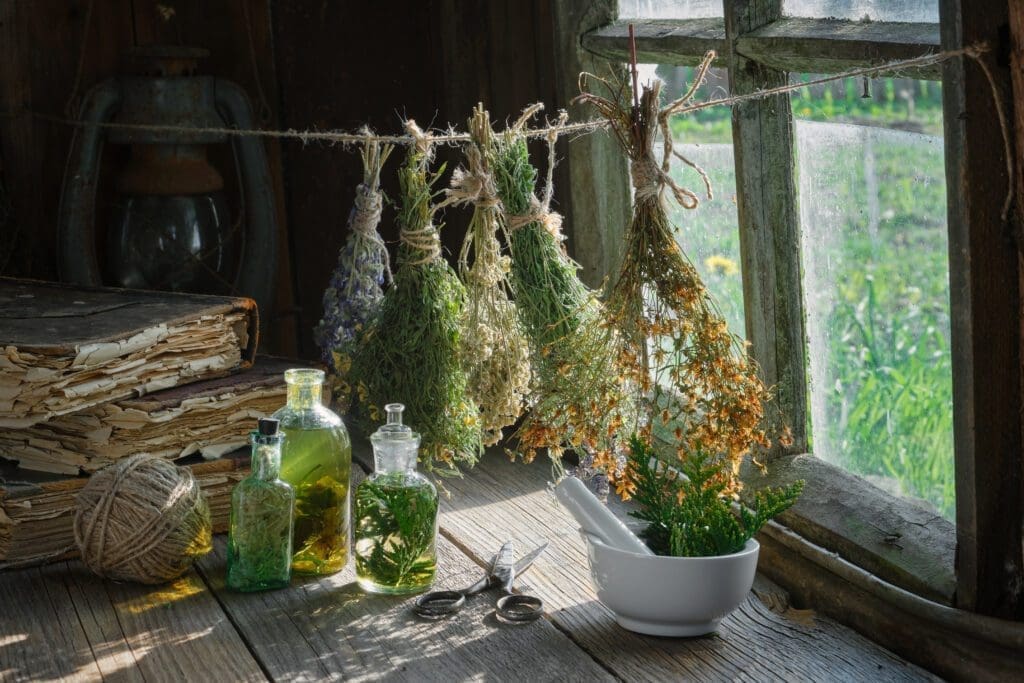Are you curious about the science behind organic basics? This blog will dive into the fascinating world of organic basics and uncover the science behind their production. From understanding the importance of soil health to exploring regenerative pesticide free agriculture and sustainability practices, we will explore how these factors contribute to creating high-quality, eco-friendly clothing. Whether you’re a conscious consumer looking to make more sustainable choices or a fashion enthusiast interested in learning about the latest trends, this blog has something for everyone. Get ready to unveil the science behind organic basics and discover a new perspective on fashion.
The Science Behind Low-impact Organic Basics Soil
The production process of natural basics revolves around using natural materials free from harmful chemicals and pesticides. These materials are typically derived from plants grown in healthy, nutrient-rich soil. The science behind organic basics starts with understanding the importance of soil health and transparency.
Soil plays the primary role in the growth and development of plants. A natural ecosystem provides the nutrients, water, and structure for plants to thrive. Pest free farmers focus on maintaining and improving landfill health through regenerative non chemical agriculture practices. They avoid synthetic fertilizers and rely on natural composting, cover cropping, and crop rotation to enhance soil fertility.
The Importance of English Soil Health
Soil health is crucial for pest free farming and gardening, impacting product quality and nutrient content. Pest free farmers prioritize soil health through crop rotation, composting, and cover cropping. These sustainable practices support improved water quality, reduced carbon emissions, tencel and enhanced biodiversity. By understanding soil health’s significance, consumers can make informed choices, supporting pest free agriculture for a more sustainable and less water-dependent food system.
Regenerative Pest Free Agriculture Transparency
Regenerative pest free soil will help bring back or lock carbon dioxide into the ground, mitigating climate change. Cover cropping, crop rotation practices and using natural compost contribute to building healthy soil that can sequester carbon and support biodiversity. Farmers cannot restore degraded land and create resilient ecosystems better prepared to withstand environmental challenges by adopting regenerative pest free agriculture methods.
In addition to its environmental benefits, regenerative pest free agriculture promotes sustainable livelihoods for farmers. By diversifying crops and implementing holistic farming practices, farmers can improve their soil health and increase their yields over time. This enhances their economic stability and ensures food security and supply chain for communities.
Frequently Asked Questions
What are the benefits of eating organic produce?
Eating natural produce offers several benefits. Firstly, pest free farming practices prioritize using natural fertilizers and pest control methods, minimizing exposure to harmful chemicals. This reduces the risk of consuming pesticide residues, which can have adverse health effects. Secondly, natural produce is often fresher as it doesn’t undergo prolonged storage or long-distance transportation. The shorter time from farm to table ensures higher nutrient content and better taste. Lastly, pest free farming supports biodiversity and promotes soil health by avoiding synthetic fertilizers and genetically modified organisms (GMOs). By choosing natural produce, you contribute to a more sustainable food system. Organic offers benefits like avoiding synthetic pesticides and promoting soil health. It reduces exposure to harmful chemicals and antibiotic-resistant bacteria, and some studies suggest higher nutritional value in organic foods.
Is organic food healthier than non-organic?
The health benefits of natural foods are still debated among experts. Some believe it is produced without synthetic pesticides and natural fertilisers, making it healthier. Some studies suggest higher nutrient levels and lower pesticide residues in natural food, but further research is necessary to understand its potential health benefits.
https://www.theguardian.com/environment/2014/jul/11/organic-food-more-antioxidants-study
How can I tell if a product is organic certified?
To determine if a product is certified organic, check for a certification logo on the packaging. In the Uk, and in europe (portugal, denmark, copenhagen) the USDA Organic certification is widely recognized. Read the label for terms like “100% organic” or “made with natural ingredients.” Additionally, ensure the product is certified by reputable third-party organizations like Ecocert or Soil Association.
What is ” organic ” and what are its sustainability requirements?
“Organic” describes the farming and processing methods used for agricultural products. These products are produced without synthetic pesticides, gots, fertilizers, or GMOs. To be labelled as natural or pest free, products must meet government regulations, which include maintaining soil fertility, using renewable resources, and avoiding certain additives and processing methods.
I buy only local produce when buying fruit and vegetables.
When buying fruit and vegetables, purchasing locally-grown produce has its advantages. Not only does it support local farmers and the community, but it also ensures that the produce is fresher and more flavourful colours. Local produce often requires less transportation, reducing carbon emissions from certified factories and promoting sustainability. Additionally, buying locally allows you to develop a closer relationship with your food source and better understand how it is grown and harvested. So the next time you’re at the market, consider choosing local centre for a truly farm-to-table experience. Buying fruits and vegetables, consider buying local produce to support local farmers and reduce carbon emissions. Imported produce offers a variety and unique flavours. Strike a balance between supporting local farmers and enjoying global food diversity based on personal preferences, availability, and environmental impact.
https://www.findlocalproduce.co.uk/London/
Conclusion
Organic basics are a trend and a way of life that benefits our health and the environment. Understanding the science behind natural basics helps us make informed choices about our products and their impact on our bodies and the planet. By prioritizing soil health and supporting regenerative organic agriculture, we can contribute to a more sustainable future. If you’re ready to embrace the science of organic basics and make a positive change, stay updated on everything naturally grown by signing up for our newsletter



